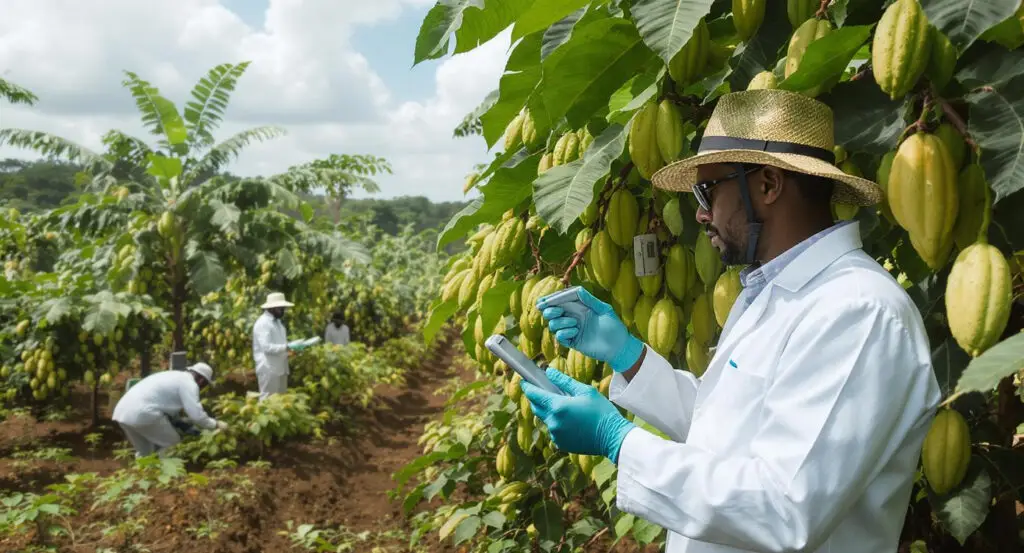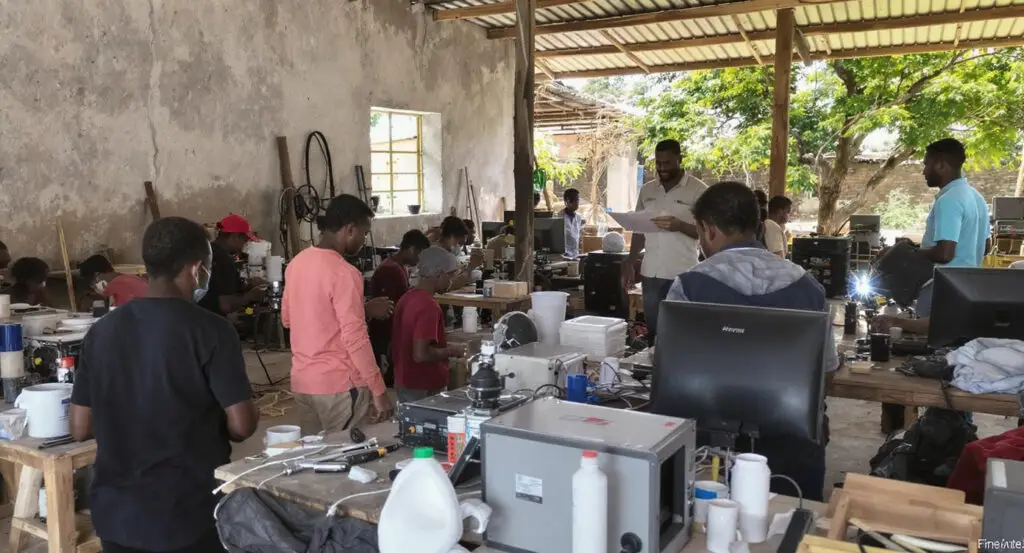A New Approach to Securing the Chocolate Supply Chain
The global chocolate industry is facing immense pressure from climate change, plant diseases, and environmental stresses that threaten the world’s cocoa supply. In a significant move to address this challenge, confectionery giant Mars Inc. has partnered with Pairwise, a biotechnology firm specializing in gene editing. This collaboration represents a forward-thinking strategy to develop more climate-resilient cocoa crops, ultimately aiming to stabilize the global supply of cacao beans and ensure the future of chocolate production. The initiative is a direct response to the agricultural pressures that have led to elevated cocoa costs, affecting companies like Mars and its competitors.
Leveraging Advanced CRISPR Gene Editing Technology
As part of the partnership, Mars has licensed Pairwise’s Fulcrum gene editing platform. This agreement provides Mars with access to advanced CRISPR tools, including Pairwise’s proprietary SHARC enzyme. This technology allows for precise genetic changes to be made to plants, unlocking their inherent potential. Unlike traditional breeding methods that can be slow and unpredictable, gene editing provides a way to rapidly develop beneficial crop traits. This includes traits that make cacao plants more resistant to disease, better able to withstand climate variability, and less susceptible to various environmental stresses.
The Goal: Bolstering Cacao Production for a Sustainable Future
Carl Jones, Plant Sciences Director at Mars, emphasized the company’s commitment to this transparent and responsible research. He stated that the focus is on using CRISPR to help crops better adapt to climate challenges and resource constraints, which in turn supports and strengthens global supply chains. Mars, the parent company of iconic brands like Snickers and M&M’s, is not alone in grappling with these issues. Competitors such as Mondelez International and The Hershey Co. are also dealing with significantly elevated cocoa costs, making this kind of innovative research a high priority for the entire industry.
The Power of the Fulcrum Platform
Pairwise’s Fulcrum solution is a comprehensive suite of gene editing tools and trait libraries. The platform’s capabilities allow for the activation or deactivation of specific characteristics in a plant, or the fine-tuning of traits, much like adjusting a dimmer switch. This precision and speed in developing impactful crop traits could revolutionize cacao production. Ian Miller, Chief Operating Officer at Pairwise, expressed his enthusiasm for supporting Mars’ research goals, highlighting that plant breeding innovation has the potential to solve many important agricultural challenges that the world faces today.
Addressing the Industry-Wide Challenge of Cocoa Costs
The collaboration is a direct response to the volatile cocoa market. Hershey’s President and CEO, Michele Buck, noted that while cocoa prices have eased slightly, they remain significantly elevated. The ongoing volatility and high costs underscore the urgent need for long-term solutions. By investing in gene editing, Mars hopes to not only ensure a stable supply for its own products but also contribute to a more sustainable and resilient cocoa industry for everyone. This proactive approach could help mitigate the severe price fluctuations that have been a major concern for chocolate and snack companies.
The Broader Implications for Agriculture
The Mars and Pairwise partnership has implications that extend far beyond the chocolate aisle. The successful application of gene editing to cacao crops could serve as a model for other agricultural sectors facing similar climate and disease-related challenges. The technology’s ability to speed up crop development and enhance resilience could become a crucial tool in the fight for global food security. It represents a shift towards leveraging cutting-edge science to create more sustainable and efficient farming practices in a world grappling with a changing environment.
The Future of Chocolate and Biotechnology
As this research and development initiative moves forward, the results could shape the future of chocolate. By creating more resilient cacao plants, the industry can reduce its reliance on traditional farming methods that are increasingly vulnerable to climate-related issues. This collaboration between a food giant and a biotech innovator is a powerful example of how different industries can come together to tackle complex global problems. The success of this project could ensure that consumers continue to enjoy their favorite chocolate brands for generations to come, while also fostering a more sustainable and secure agricultural landscape
Read More: WMO Puts AI and Early Warnings at the Center of Global Climate and Weather Strategy























